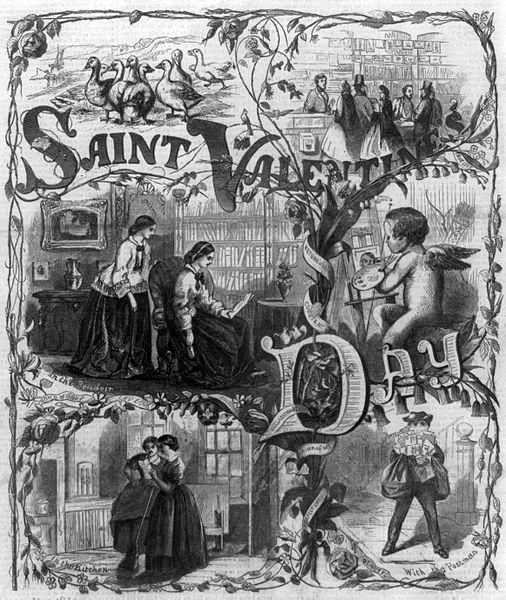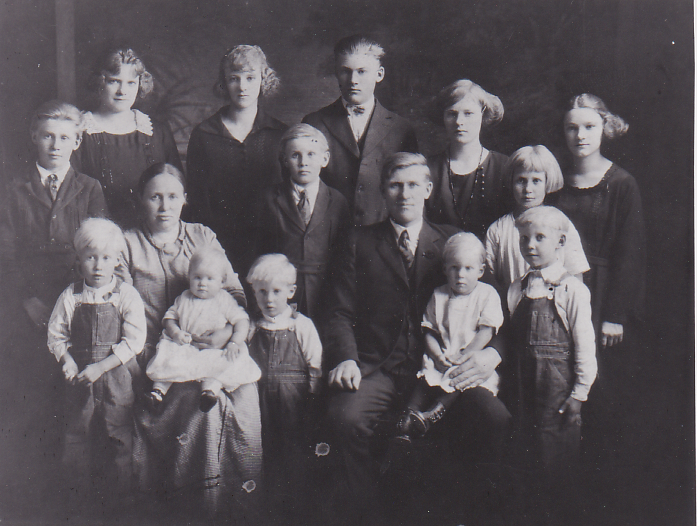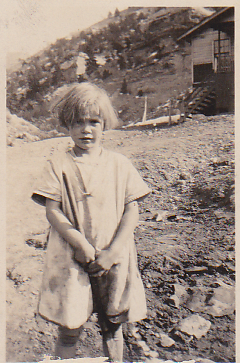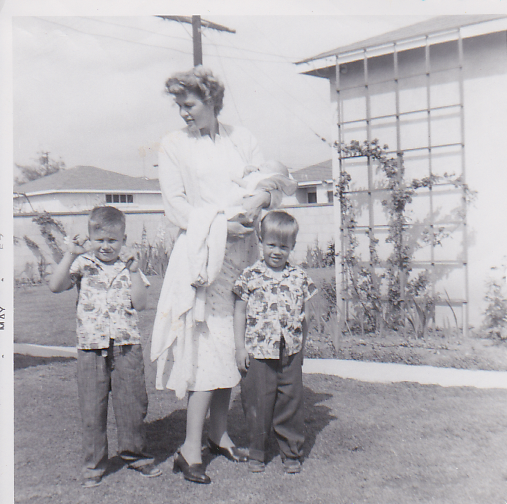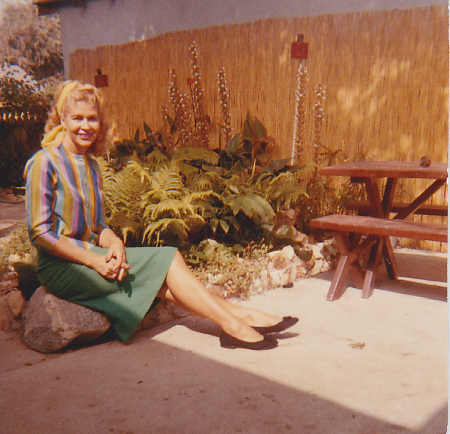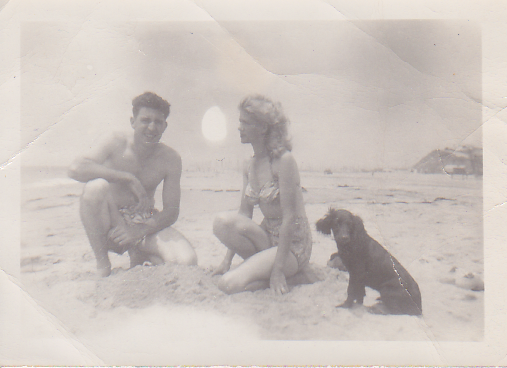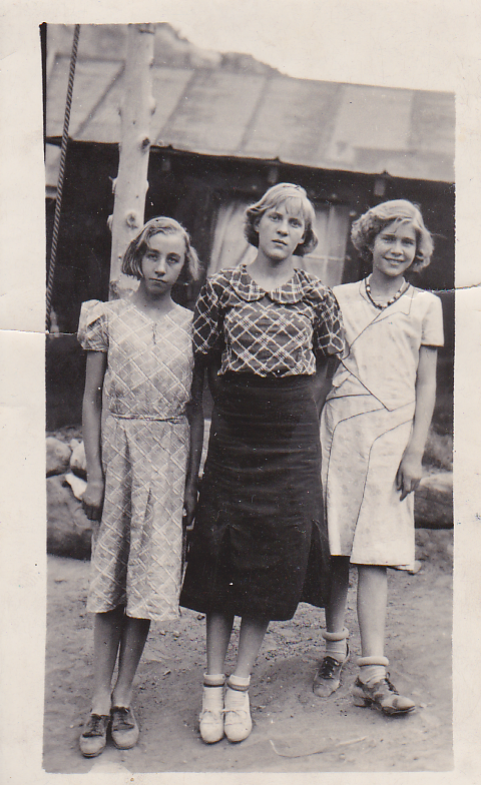Almost three years ago (Has this blog been around that long? Yikes!)
I wrote about my annoyance with the use of "Lolita" as a pejorative. I'm here today to rant about another inappropriately hijacked name-turned-adjective:
Machiavellian
This one doesn't stem from the misunderstanding of a fictional character, but rather from an incomplete comprehension of a real man's literary legacy.
Yes, Elizabeth, I hear you saying,
but what does it mean? I'm so glad you asked!
| Machiavellian or Machiavelian (ˌmækɪəˈvɛlɪən) |
|
| — adj |
| 1. | of or relating to the alleged political principles of Machiavelli; cunning, amoral, and opportunist |
|
| — n |
| 2. | a cunning, amoral, and opportunist person, esp a politician |
Wow, that Machiavelli guy must have pretty bad, to have a whole word meaning "evil politician" dubbed in his honor, huh?
Bzzzzt! Wrong!
So, what's all the hubub about this man? How can I claim his name shouldn't be shorthand for everything we hate about politics and politicians? Good questions. Let's discuss!
 |
Dark Ages are over, baby! Somebody bust out the
scientific method and the booze. Wooo! |
Niccolò Machiavelli, known today as the father of political science, was born in Florence, Italy in 1469. The keen among you will note that this places him squarely in the Italian Renaissance. Though a wonderful era for the arts, sciences, literature, and philosophy, it was sort of a crap time for Italian politics. In fact, the nation of Italy, as we know it, did not yet exist. Instead, Italy was a collection of independent city-states constantly warring over territory. And within the city-states (Venice and Florence being the biggest kids on the block), rival political factions kept overthrowing one another. The Papacy was active in fighting for land, as were foreign powers such as France, Spain, and Switzerland. It was all very tumultuous.
Over the years, Florence, Machiavelli's hometown, had gone back and forth between a republic system of government, and a monarchy. At the time of his birth, the Medici family had held Florence for half a century. But they were ousted from power in 1494, and the republic was reestablished.
Niccolò was an educated young man with a keen interest in history and politics. He held several posts in the Florentine government, serving as a diplomat to foreign courts, and running the city-state's militia for a time.
In 1512, the Medici returned to power, dissolving the republic, and in 1513, Machiavelli was imprisoned. Accused of conspiring against the Medicis, he was brutally tortured for three weeks before he was finally released. He retired to his country home outside the city, where he tried to stay involved in politics through his writing. He was a renowned intellectual. Besides his political writings, he penned books on history and war, as well as poems, plays, and other works of fiction. He died in 1527, at the age of 58.
 |
| Nope. Nothing remotely diabolical here. |
So, where in this brief sketch of a biography will you find the underpinnings of the term
Machiavellian? Niccolò himself seems a rather unassuming sort. He never possessed political power of his own, and was never more than a minor player in the government.
The term finds its roots in Machiavelli's most famous political treatise,
The Prince. In it, Machiavelli discusses the different types of princes, namely hereditary and new. Machiavelli offers advice for those in power. Drawing from historical and contemporary examples, he uses the successes and failures of others to support his points.
Controversy swirled around
The Prince almost as soon as it was published. Within its pages, you see, Niccolò Machiavelli asserts that a strong prince must do whatever it takes to seize control, stabilize the government, and retain his power. A prince must be willing and able to behave in immoral ways in order to meet these ends, including eliminating those who could threaten his position, lying, faithlessness, and developing a false morality to present to the populace. "But it is necessary to know well how to disguise this characteristic [faithlessness], and to be a great pretender and dissembler; and men are so simple, and so subject to present necessities, that he who seeks to deceive will always find someone who will allow himself to be deceived."
Oooooh. Okay. Yeah. Now we're starting to get to the bottom of this
Machiavellian situation. That doesn't look very good for old Niccolò, does it?
But here's the thing:
A lot of what Machiavelli says in
The Prince is true. The leaders of countries really do have to grapple with decisions we'd consider immoral. Most of us can agree that killing is bad, mkay, but we know there's always the chance of war being declared. It may be justifiable in certain circumstances, but ordering the deaths of human beings is immoral. Yet we expect our leaders to be able to send armies out to kill human beings. So we, as a society, already accept a measure of immoral conduct in those who rule. And many of Machiavelli's observations regarding the nature of politicians sound just as accurate now as they did 500 years ago. Take, for example, this passage:
For this reason a prince ought to take care that he never lets anything slip from his lips that is not replete with the above-named five qualities, that he may appear to him who sees and hears him altogether merciful, faithful, humane, upright, and religious. There is nothing more necessary to appear to have than this last quality, inasmuch as men judge generally more by the eye than by the hand, because it belongs to everybody to see you, to few to come in touch with you. Everyone sees what you appear to be, few really know what you are, and those few dare not oppose themselves to the opinion of the many, who have the majesty of the state to defend them.
Well, hey there, every politician ever! Look at you, espousing God and Country and Family and Children on the tee vee, while behind closed doors you're taking money from special interest groups, doing favors for your corporate buddies, and engaging in tawdry affairs in airport bathrooms and Oval Offices and the like. That's pretty spot-on, yeah?
But for centuries, historians and philosophers have wondered whether Machiavelli really meant what he was saying in
The Prince, or if he was maybe up to something. The first clue is found right at the beginning of the book, in the dedication:
To the magnificent Lorenzo Di Piero De' Medici
You may recall that time, about ten paragraphs ago (man, this post is a lot longer than I thought it would be), when the Medicis had Machiavelli imprisoned and tortured for three weeks. So, what gives? Why dedicate his book to the dude who introduced him to the joys of
strappado?
 |
| More like Lorenzo de' MeDouchey, amirite? |
One idea is that Machiavelli was just toadying up to the man who could decide to make a human pinata out of him again whenever the fancy struck him. And you know, I wouldn't even say that's a terrible idea.
Some people, including the philosophers Diderot and Rousseau, argued that The Prince is satire. Others have hypothesized that the true audience of The Prince is not the nobility at all, who would already know everything Machiavelli advises, but the common people, who might be inclined (in the early 16th century, anyway) to trust the promises of their princes and kings, and to think them upright, pious men based on what they see in public.
One intriguing theory even suggests that Machiavelli--in true Machiavellian fashion--was attempting to lure Lorenzo de'Medici into a situation in which the people of Florence could easily rise up and overthrow him. In support of this idea is the fact that in The Prince, Machiavelli advises Lorenzo to arm the people, live inside the city, shun liberality, and lie to the citizenry. That's... kind of a genius recipe for disaster.
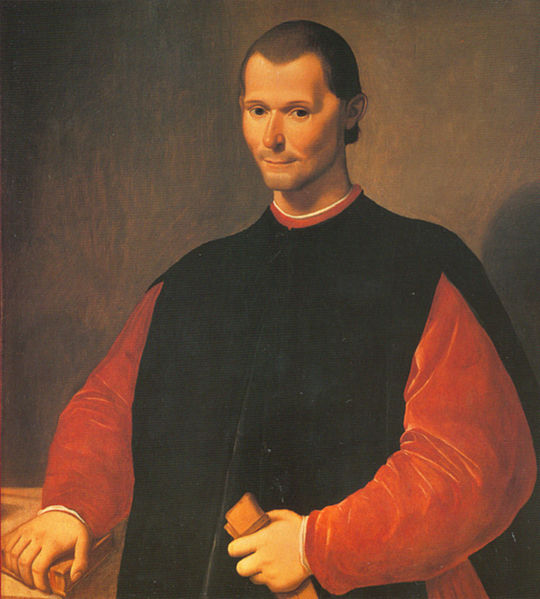 |
He looks so much less menacing with his eyeballs
properly filled in. |
Additionally, The Prince is not the sum of Machiavelli's work. Following The Prince, he wrote another, much longer, political treatise. This one, titled Discourses on Livy, extolled the virtues of republics. In this book, he sets forth a system of checks and balances between the prince, the nobility, and the people. Contrary to the immoral behavior advised in The Prince, in the Discourses, Machiavelli states that extra-constitutional means should never be necessary in a republic (Some commentators have even suggested that The Prince is meant to demonstrate the moral superiority of republics.). He says that governments of the people are better than governments of princes. And it doesn't get more clear than this: "... if we compare the faults of a people with those of princes, as well as their respective good qualities, we shall find the people vastly superior in all that is good and glorious."
So... Machiavellian? I think there's a strong case to be made that Niccolò Machiavelli's work has been unfairly reduced to The Prince. The entirety of his political work and writings suggest he was strongly in favor of republics by and for the people. A true Machiavellian, therefore, would trust the people to govern better than a prince ever could.
 My new Regency romance series, The Honorables, kicks off in less than two weeks with the release of HONOR AMONG THIEVES on October 27. I can't believe it's already almost here! I'm so excited to share this novel with you. This story has been kicking around in the back of my mind for years, waiting for all the pieces to fall together. They finally did, and I'm thrilled with the result. I hope you will be, too.
My new Regency romance series, The Honorables, kicks off in less than two weeks with the release of HONOR AMONG THIEVES on October 27. I can't believe it's already almost here! I'm so excited to share this novel with you. This story has been kicking around in the back of my mind for years, waiting for all the pieces to fall together. They finally did, and I'm thrilled with the result. I hope you will be, too.
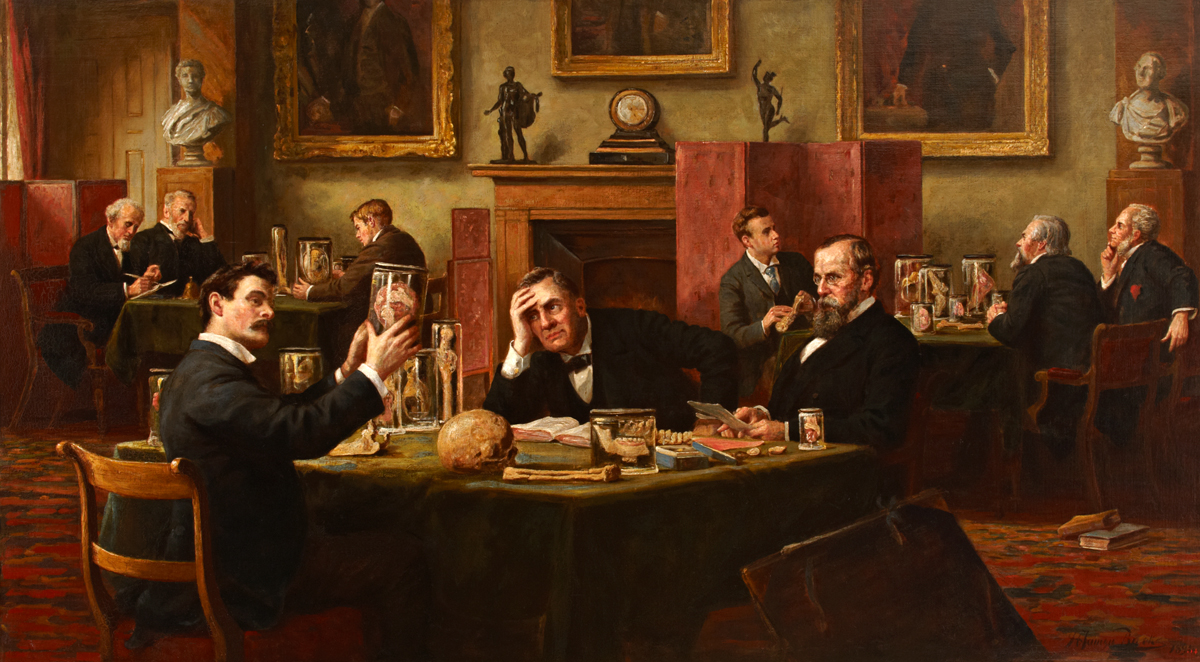
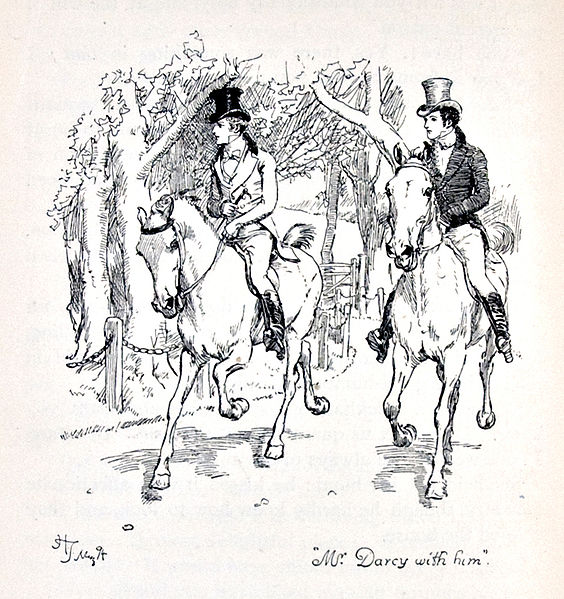

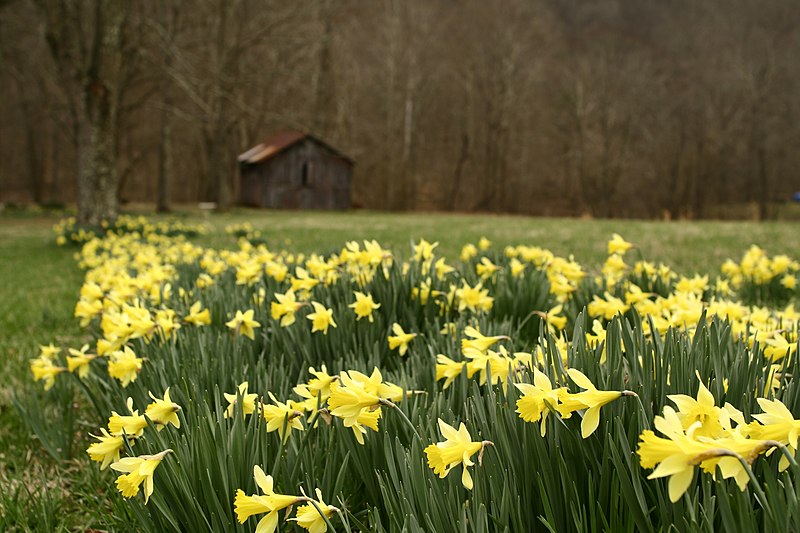
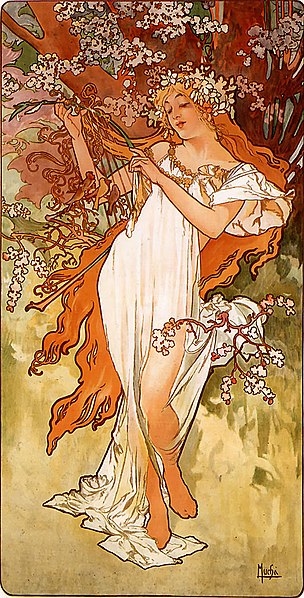
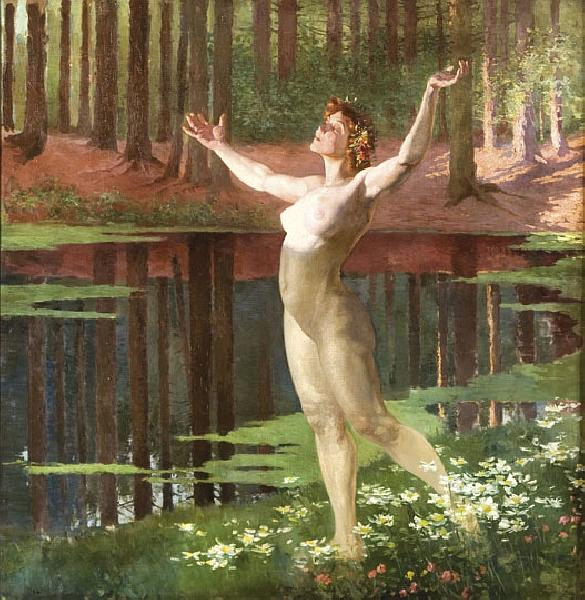

_Skull_of_St._Valentini_._Valentini.JPG/800px-Santa_Maria_in_Cosmedin_(Rome)_Skull_of_St._Valentini_._Valentini.JPG)
